A grading contractor plays a vital role in construction and land development by preparing the ground effectively for building projects. From site preparation to maintaining proper water drainage, their tasks ensure well-laid foundations and controlled soil erosion. This process of leveling or grading is essential to create adequate drainage and a stable base for any construction endeavor.
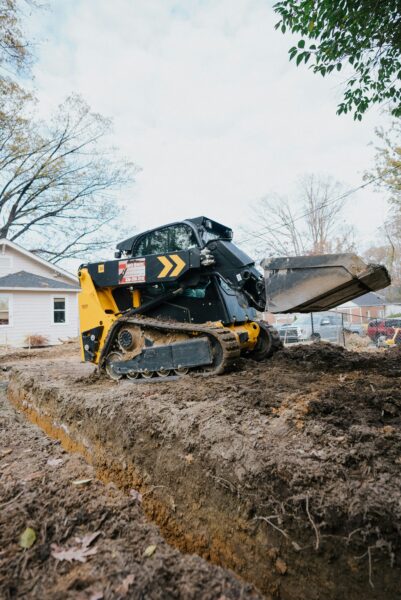
A grading contractor is a specialized professional tasked with shaping land to make it suitable for construction, whether residential, commercial, or industrial. Their primary responsibilities include:
- **Land Leveling:** Using equipment to even out the terrain by replacing high spots with soil material from low areas. For detailed information on the technical aspects of grading, refer to the [Gravel Roads Construction & Maintenance Guide](https://interpro.wisc.edu/tic/wp-content/uploads/sites/3/2019/12/Gravel-Roads-Construction-Maintenance-Guide.pdf).
- **Site Preparation:** Clearing vegetation and debris, conducting necessary excavations, and ensuring the site is stable. Learn more about site preparation in the [Site Grading Guide](https://uh.edu/facilities-services/departments/fpc/master-specs/31%2022%2013%20SITE%20GRADING.pdf).
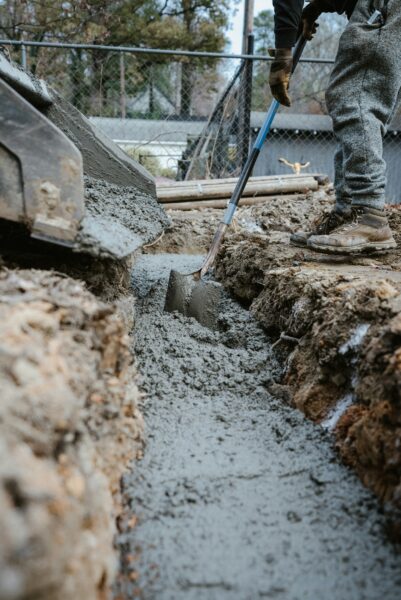
- **Drainage Solutions:** Designing systems to manage water flow, using natural slopes effectively.
- **Erosion Control:** Preventing soil erosion with retaining walls and specialized fabrics.
- **Safety and Compliance:** Using safety gear, and following local regulations and building codes.
- **Environmental Protection:** Ensuring environmental safety on-site during activities and protecting utilities.
It’s advisable to hire a grading contractor when planning new property developments, including projects that require land leveling, shaping, proper drainage, and soil erosion management. For those interested, exploring what [Mini Excavators](https://www.architectureadrenaline.com/mini-excavator-business-ideas/) can achieve in specific projects could provide additional insights.
Unlike landscapers, grading contractors focus on preparatory work necessary for construction. They are usually among the first professionals at a construction site, establishing conditions for further building activities. Those considering landscaping as part of their construction project might benefit from learning more about a [Landscape Design Build](https://www.architectureadrenaline.com/landscape-design-build/) approach.
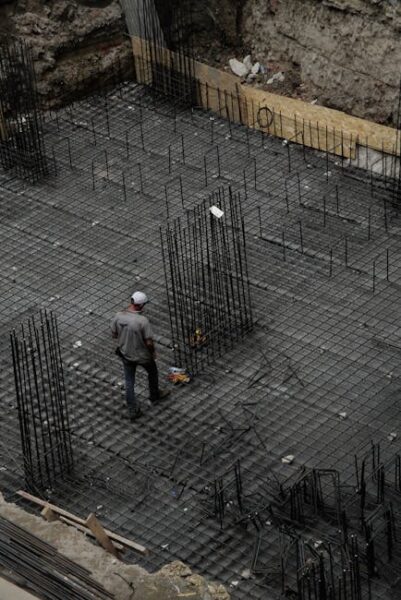
Grading contractors use heavy machinery like bulldozers, excavators, backhoes, and loaders to alter land effectively. Proficiency with these machines ensures the desired surface stability using materials such as soil cement, clay, and stones. Understanding [construction takeoffs](https://www.architectureadrenaline.com/what-are-takeoffs-in-construction/) can also aid in evaluating material requirements accurately.
The cost of hiring a grading contractor can significantly vary depending on the complexity and size of the project. Here’s a table highlighting key considerations when hiring:
| Consideration | Details |
|---|---|
| Licensing and Insurance | Ensure the contractor is licensed and insured to protect against potential damages. Information on Contractor License Classifications could be insightful here. |
| Experience | Opt for contractors with a track record of similar projects. |
| Quotes | Compare quotes from multiple contractors for a best fit. |
| Equipment Quality | Consider the quality of equipment used, which can affect outcomes. |
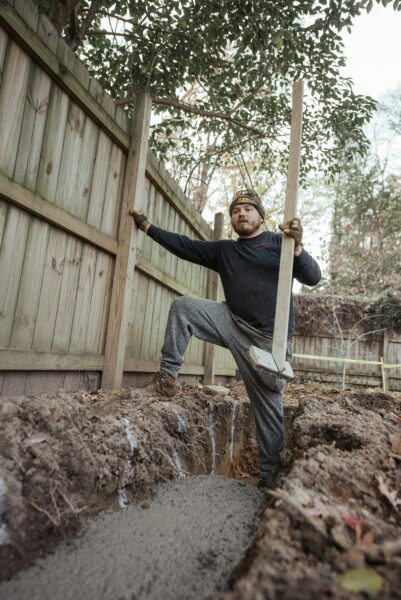
Grading contractors are indispensable in construction, setting the groundwork for complex projects. Their work assures safety, stability, and compliance with regulations, contributing significantly to the success and efficiency of the built environment. Understanding the [Standard Operating Procedures](https://www.coconino.az.gov/DocumentCenter/View/60883/Standard-Operating-Procedures-for-Rough-Grading-and-Final-Grading-Certificates) for rough and final grading can provide deeper insight into their critical role.
Understanding what a grading contractor does in California and nationwide reveals their critical role in site preparation, compliance, and overall project success. For those deciding on a "grading contractor near me,” knowing when a grading permit is required—including considering the grading permit cost—is essential for navigating regulatory frameworks effectively.

Grading contractors rely on precision and efficiency, and the Huepar Self-Leveling Laser is designed to deliver just that. This robust tool casts 360° horizontal and vertical beams, ensuring comprehensive coverage and alignment for grading tasks. The enhanced green laser technology is distinctly visible even in well-lit conditions, facilitating both indoor and outdoor use. Its self-leveling mechanism streamlines the setup process, saving time and increasing productivity on site. Moreover, the image shows a device that is compact, portable, and comes with a convenient carrying case, a charging cable, and an easy-to-read target card for added precision.
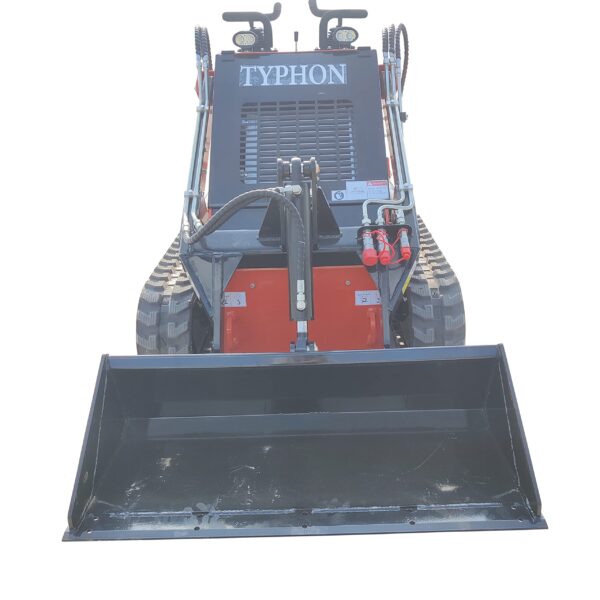
Grading contractors looking for a robust and agile solution to site preparation should consider the TYPHON STOMP Mini Steer Loader. This compact powerhouse is ideal for grading, leveling, and clearing land. Its size allows easy maneuverability in tight spaces, while the broad bucket shown in the image indicates a significant load capacity, enhancing efficiency. Its durability and strength are evident in the solid construction and heavy-duty materials pictured, promising longevity and consistent performance on rugged terrains.
As we've explored, a grading contractor's work is the backbone of any construction project, ensuring that every building stands on solid ground. If you're fascinated by the meticulous art of land shaping and want to dive deeper into construction marvels, don't be a stranger! We'd love to keep this conversation going and share even more insights with you. Check us out on Pinterest for inspiring design boards, or follow us on Instagram for a closer look at groundbreaking projects. For the latest updates and a little banter, join us on X (formerly Twitter). And if you're on Facebook, we've got a vibrant community there as well. Whether you're curious about construction or just love a good architectural story, let's stay connected and fuel that passion together!
Grading contractors are responsible for preparing land for construction projects. They operate heavy machinery and tools to level the site, ensuring a stable foundation for structures or roads. Their tasks often involve the cut and fill method to eliminate uneven terrain.
Grading companies specialize in leveling and grading land to regulate water drainage and prevent soil erosion. If you're considering hiring a grading contractor, continue reading for practical advice on selecting the right professional for your project.
Contractor-grade, or builder-grade, refers to materials designed to meet basic construction standards. These products typically feature simple designs, are cost-effective, and are readily available at home improvement stores and online. They are an economical option for meeting building code requirements without added frills.
The grading process in construction involves reshaping and leveling the land at a job site. This can include adjusting elevations, creating slopes, or flattening surfaces to ensure proper drainage and stability. Grading serves essential functions such as managing water flow and preventing erosion across the site.

Immerse yourself in architecture’s most boundary-pushing ideas—where innovative home improvements meet visionary urban developments. Discover new building techniques, materials, and creative concepts that are redefining how we shape our spaces on a global scale.